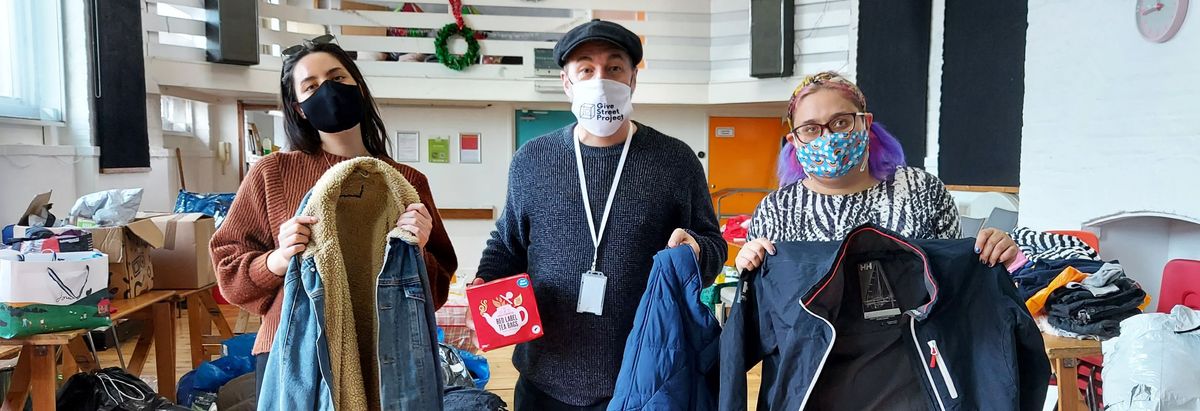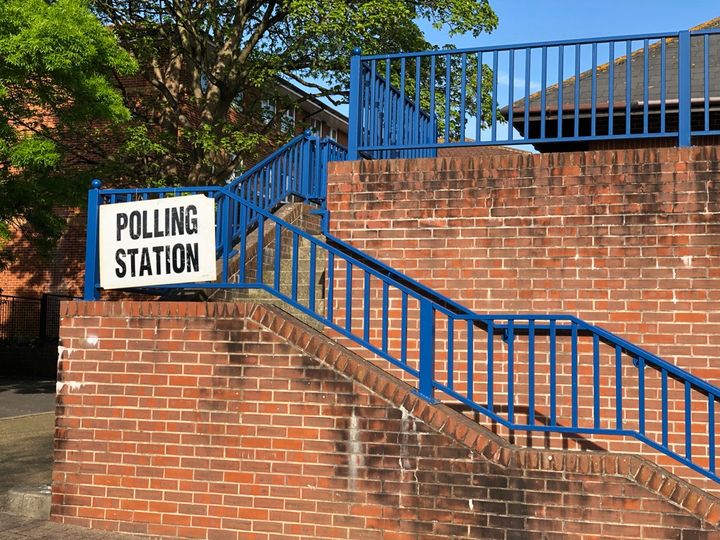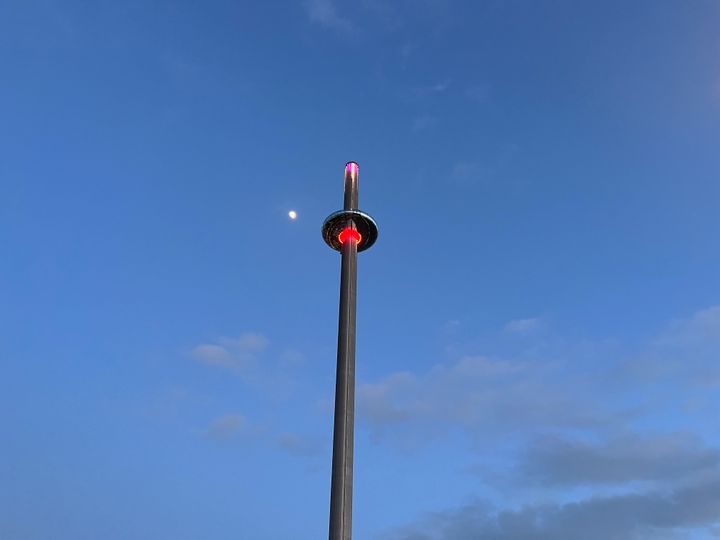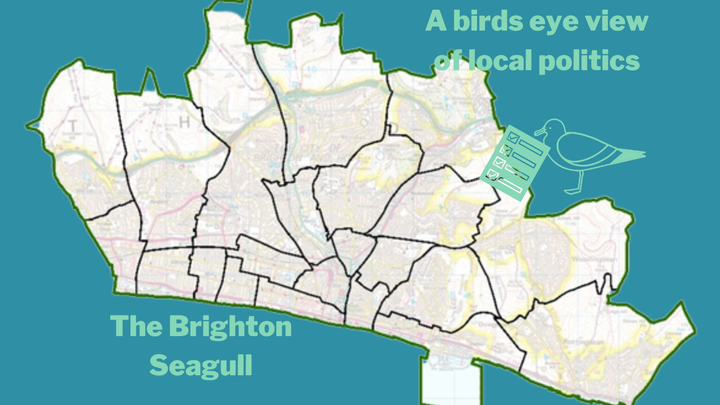A Day With Give Street Project
Lydia Wilkins interviews the team at Give Street Project on their work, and why they hope they don't exist one day.

If you look beyond the standardised headlines of the usual mainstream media, beyond the peacocking politicians trumpeting their new policies for election time in the coming year, you will see and feel it all around. The cost of living crisis has significantly widened a disparity gap across the UK—and help from the State, often distracted by changes in government and chaotic celebratory occasions—has only arrived incrementally, if at all. Despite warnings from organisations that help being delivered is patchy, and that specific demographics are not being helped if at all, grassroots organisations at a local level have been forced to step in en masse, writes Lydia Wilkins.
Give Street Project is an organisation that was set up in 2017, beginning from a spark that grew and grew. As a community interest company (CIC), it has the purpose of bringing communities together, to therein support individuals experiencing homelessness, low income and food insecurity. Donation Drop Off events ate held regularly at addresses such as churches and schools. There are also volunteering opportunities available for those in education currently, too.
One of the founders had witnessed individuals sleeping rough, having been shocked by the scale of homelessness in Brighton's town centre, and while being involved with a magazine based in Saltdean and Rottingdean. The magazine he had been involved with had significant social media attention at the time.
It was coming up to Christmas. I thought, wouldn't it be good to get something together, where we could get some donations in to help people who were experiencing homelessness, and food insecurity for local food banks?
The Saltdean lido had allowed an event on Christmas Day of that year, with the donations destined for frontline services at the time to distribute as they wished. A repeat in 2018 happened, then in 2019 a volunteer approached the team, suggesting they’d like to take part in more events like it rather than just running a donation drop-off annually every Christmas. The idea had struck a chord and Give Street was born.
The use of food banks has been steadily on the rise for a few years now, and this is more likely if you have a disability. According to The Trussell Trust, more than six in ten people who were referred in 2020 to a food bank were disabled, and a 2022 report showed that a disabled individual is five times as likely to experience food poverty compared to a non-disabled individual.
Among the gaudy glitter of the recent coronation of King Charles III, there was something of a normalisation of food banks, austerity era critics pointed out. With members of the public being asked to take part in the Big Help Out, a national day of volunteering two days after the formalities of ascension had taken place. The scheme, according to The Telegraph, was devised to honour the decades of public service the King had taken up. The disparity at a time of the cost of living crisis was readily pointed out by critics.
When asked about the name, the founder had noted the company was after something that was not necessarily localised, with the idea the work of the CIC could be replicated anywhere. The founder elaborated:
The idea eventually is to have a blueprint. So that this could be rolled out anywhere. So you could go to our website, read all the things you'd need to do to make this happen.
While Give Street is currently based in Brighton, events are currently being held for the company outside the area.
Give Street is somewhat unusual as an organisation, in reflecting on how they wish to no longer exist one day:
But as as things deteriorate in society, it looks like the need for people to organise these things to help people at the the point of access and emergency [is becoming imperative]. That's what it's about my view. And the view of Give Street are that we shouldn't be doing this. And there should be no need for us. And we're working towards the end of not existing, basically!
It’s dryly noted that it is terrible for the organisation to have to grow, as demand only but increases in the current times. The founder elaborates:
We've got to face up to the fact that we are in a capitalist society that is predicated on growth, growth, growth, growth, growth, and subservient to a small amount of people to get richer and richer and richer to that needs the propagation of more poverty.
The company also makes a point how individuals can at times also benefit themselves from giving to others, without strings being attached.
There's been there's been a few studies, which you can access again, get on your search engine and look at the relationships between giving and how it makes you feel, releases a lot of the feel good hormones, dopamine, serotonin, oxytocin, it makes you feel connected.
It’s also noted how there is a feeling of being connected, at a fundamental level, through such an activity, something almost akin to an antidote of doom-scrolling and a never ending cycle of terrible news that dominates our cultural wallpaper seemingly constantly. It’s a belief held that we should not live in a society where there are charities: a plug, a stop-gap for concepts such as poverty and hardship, when support from the state is drip fed down the line.
GiveStreet is here to begin a conversation, at a fundamental level, to look at the root causes of why it even as a company needs to exist in the first place, and what can be done meanwhile. At a time when political discourse is becoming more authoritarian, with a new monarch and more strict anti-protest laws signalling a clampdown, perhaps the time for this is needed now more than ever.
Click here if you would like to get involved with Give Street, and here if you are in need of assistance.
Lydia Wilkins is a freelance journalist who specialises in disability and social issues.




Comments ()